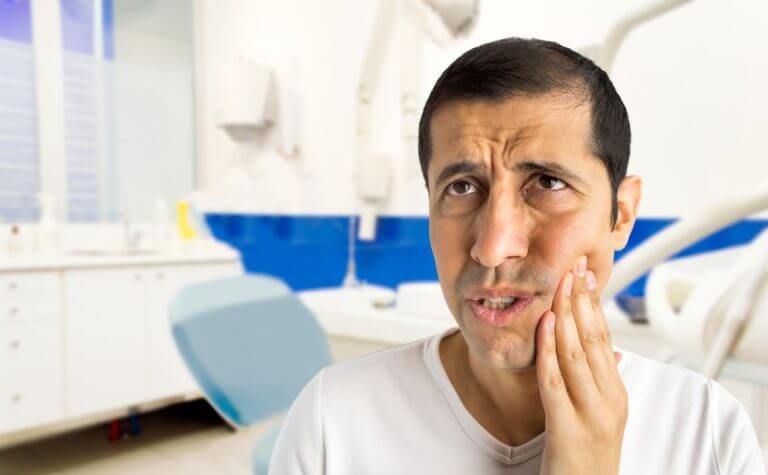How to Know if You Really Have a Dental Emergency
With most of the country in quarantine, many state governments and state dental associations are recommending that dentists close their doors to all but emergency cases. Of course, the natural question many patients will have is, “Which dental issues are actually emergencies?” After all, there are many kinds of oral pain and dental damage that you might experience; not all of them require immediate attention, but others could leave you with a painful, broken smile without treatment. If you’re unsure when is the right time to call the emergency dentist, keep reading.
When is Urgent Dental Care Required?
Any condition that causes bleeding in your mouth, noticeably high levels of pain, or symptoms of an infection needs to be examined as soon as possible. You should also see a dentist if there’s any notable damage on any of your teeth. Here are some examples of common emergencies that you might experience:
- Teeth becoming broken or fractured after biting into something hard
- Losing teeth due to a strong blow to the face
- Severe, persistent toothaches, especially if you also notice swelling or signs of a fever
- Crowns, bridges, or other restorations breaking or falling out of your mouth
- Noticeable cavities or gum disease
When Do You Need to Call a Hospital?
It’s normally recommended to call a dentist instead of the emergency room for pain or an injury that involves your mouth. Only a dental practice can offer crowns and other types of treatment that can both relieve oral pain and help the teeth function normally again. Furthermore, during a pandemic it’s important to avoid burdening hospital emergency departments with cases that could be addressed more effectively by a dentist.
That said, sometimes an oral infection or injury is an immediate danger to your well-being. This might include a cut that won’t stop bleeding or swelling that’s compromising the airway. Under such circumstances, you should call the nearest emergency room for help.
Which Dental Needs are Not Emergencies?
Your dentist offers many services, but not all of them rise to the level of being considered an emergency treatment. Dental procedures that don’t qualify as emergency services include the following:
- Regular checkups and cleanings
- An orthodontic procedure that isn’t critical for your long-term health
- Purely cosmetic treatments
- Extraction of teeth that aren’t currently causing you any pain or showing signs of infection
The above treatments might still be important in the long term, but they can generally be delayed if need be.
If you do experience a true emergency, don’t panic. Even in the midst of the COVID-19 pandemic, your dentist is still here to keep your smile safe. You can be sure that you’ll find a solution to your problem in a timely manner.

